Many treatments affect the taste of food. This can make them taste metallic, leave a bitter taste in your mouth, or lead to a complete loss of taste altogether. When this happens, you may not feel like eating. Being bored with the taste of foods can lead to eating less, weight loss, and poor nutritional status — all of which can affect your recovery.
Here are some tips to help you cope with the loss of taste:
- Eat small, frequent meals during the day.
- Eat foods that taste good, even if it means eating the same foods.
- If meat is putting you off, try other high-protein foods such as eggs, dairy products, legumes, nuts, or peanut butter.
- Try foods that require less chewing, such as soups, smoothies, and Ensure®.
- If foods taste too salty, avoid processed foods and try to choose low-sodium or sodium-reduced products.
- Drinks that taste too sweet can be diluted with water, soda, milk, or ice. (And feel free to add a dash of salt to Ensure® if you find it too sweet.)
- Rinse your mouth before and after meals by using water with a slice of lemon or other citrus fruits, club soda, salted water, or sparkling mineral water.
- Using plastic utensils or chopsticks instead of regular stainless steel cutlery can help cut back on the metallic taste in your mouth.
- Chew gum or candy to help stimulate saliva flow and change the taste in your mouth.
- Having good oral hygiene can help, so brush and floss your teeth often.
You might also like
Eating well during cancer treatments
Your body uses up more energy than usual during cancer treatments. Getting adequate nutrition can help you feel better.
Coping with nausea and vomiting
Although you should never force yourself to eat when you’re feeling nauseous, it’s important to eat regularly and maintain good nutrition to help prevent it.
Flavour fatigue
Do you ever get halfway through a meal and not want to take another bite because you’re bored of the taste?
Save more than $100
Sign up to the Ensure® Club and get coupons, meal plans, exclusive tips, and recipes!
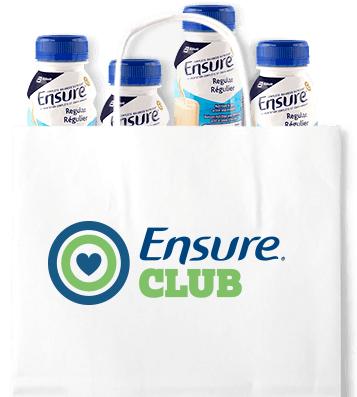

* From a survey of 1,038 independent-living adults aged 50+ who added 1 serving of Ensure® Protein Max 30 g per day for at least 5 days over a 2-week period, compared to control group (p<0.0001).
Canadian formulation is similar to the one used in the survey. Applies to Chocolate and Vanilla flavours.
† Compared to one serving (235 mL) of Ensure® Regular.
‡ Per 330-mL serving.
§ Brand of oral nutritional supplements.


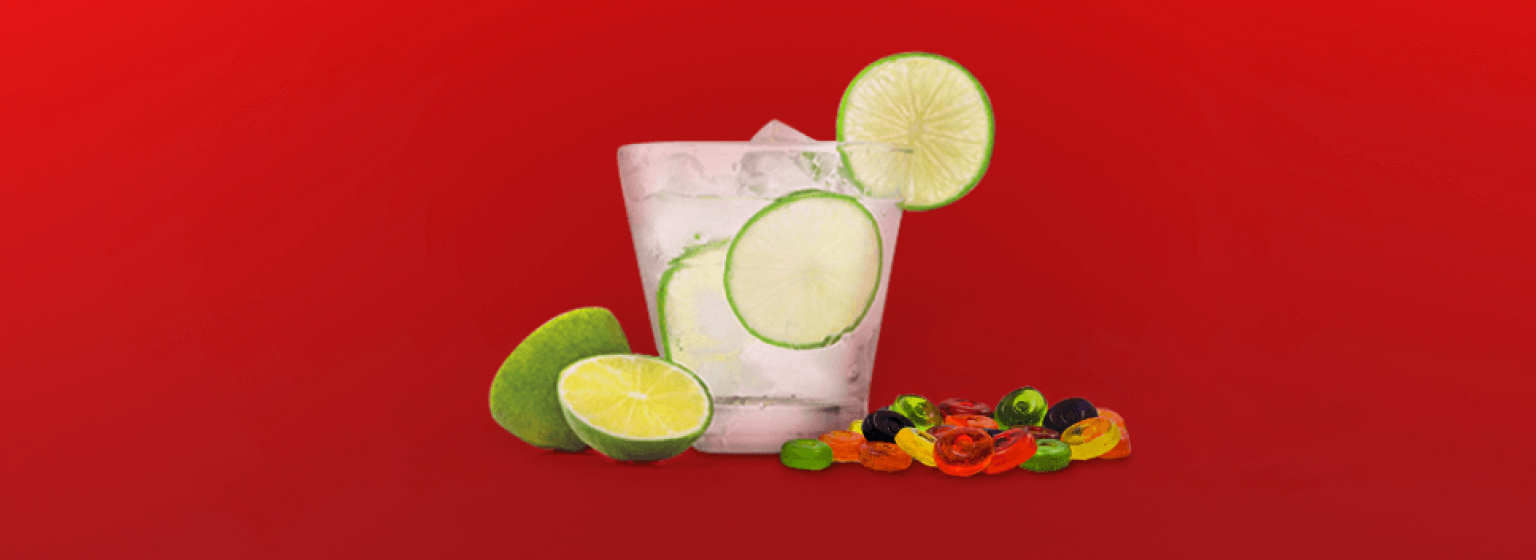
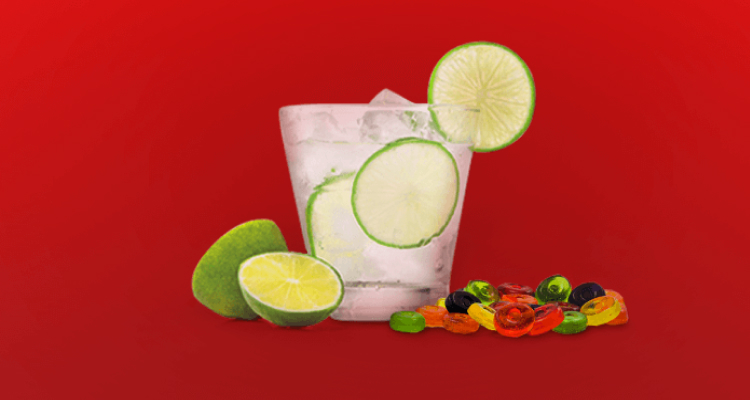
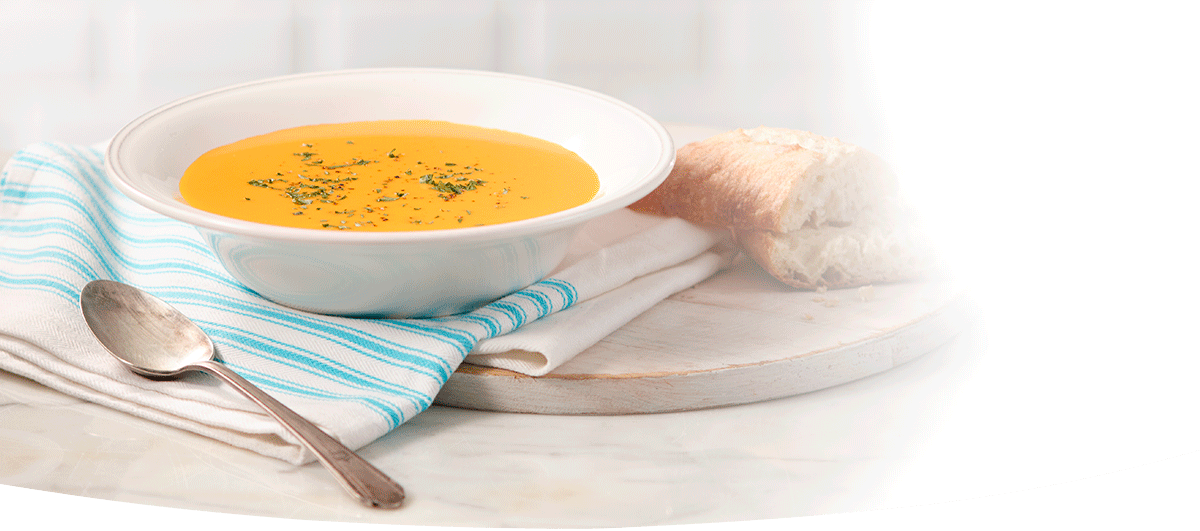
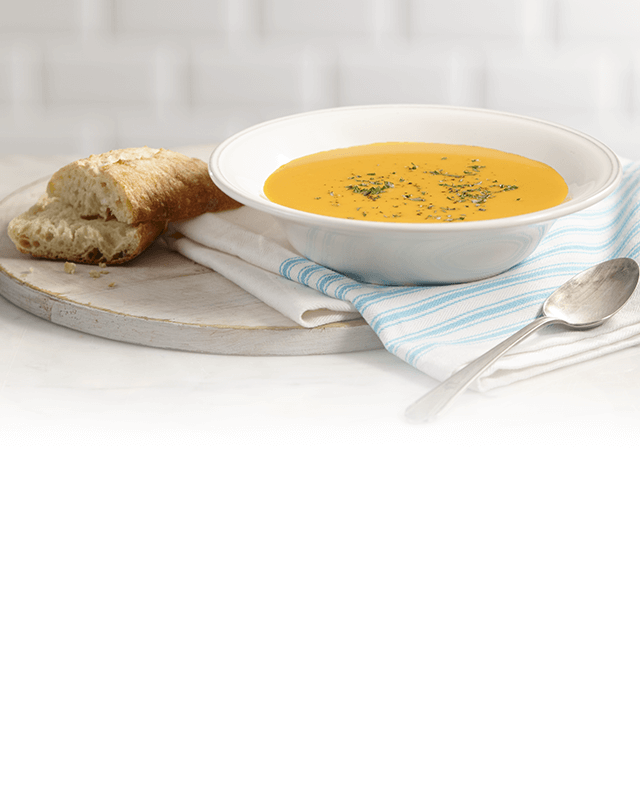
Share this article